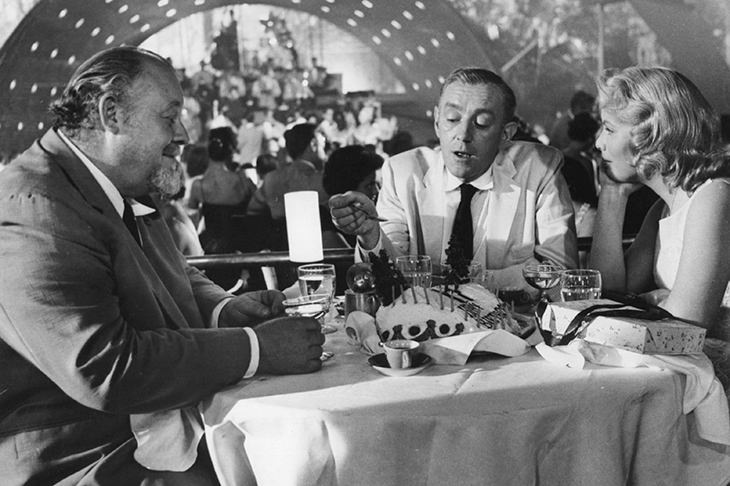Cuba’s gorgeous, crumbling capital has always been a testing ground for writers. That heady combination of revolution, cocktails, sex and unpainted mansions seems somehow to set literary pulses racing. Trollope, Hemingway and Graham Greene all described it with verve, but there’s also plenty of dross. The city certainly charmed me, and, a few years ago, I thought I’d add to the pulp with my own contribution. I started courting London’s Cubans, and even had the ambassador to lunch. But despite some intriguing gossip (e.g. that Che Guevara was no fun at parties, and utterly deadpan), I abandoned the whole idea. It seemed to me that Havana was about to change forever, and that whatever I wrote would be old hat before the ink was dry.
Happily, the American journalist and writer Mark Kurlansky is braver and more Havana-savvy. After several decades of reporting on the Caribbean, he knows that the city’s mouldering magnificence is constitutional, and that, whatever happens next, Havana will still be Havana. Sure, the 1959 revolution explains a lot (and it’s not been good for the paintwork), but the rot goes much deeper. Kurlansky has dug down through the literature and mildew to produce an exquisite portrait of the city, Havana: A Subtropical Delirium. Like his earlier ‘biographies’, Cod
and Salt
, it’s a confection of themes, each beautifully researched and poetically revealed.
Through Kurlansky, a remarkable tale emerges of wealth and ruin. Havana was established in 1514, and grew rich on the stolen treasures of Peru. Although today it looks a ‘wreck’ (with 14,000 properties condemned every year), it was often wealthy. It had telephones and railways long before Spain, and, by 1930, more cars per capita than New York City. But the Atlantic would always bring trouble: cyclones, sharks, mould, pirates, VD, and then, eventually, Americans.
First across the straits were men who tried to buy Cuba, followed by marines (in 1899) and then gangsters such as Lucky Luciano.








Comments
Join the debate for just £1 a month
Be part of the conversation with other Spectator readers by getting your first three months for £3.
UNLOCK ACCESS Just £1 a monthAlready a subscriber? Log in